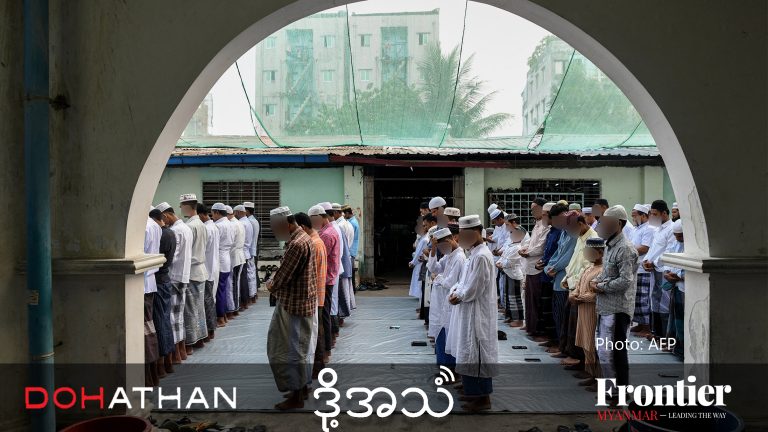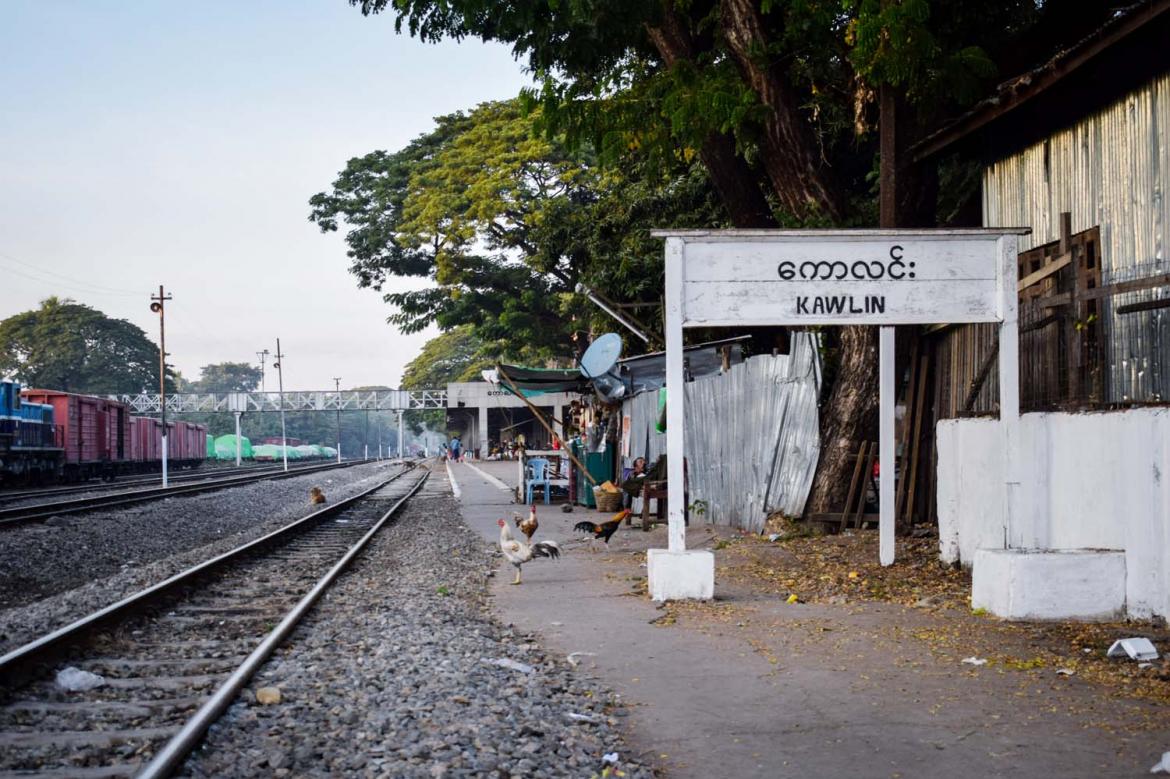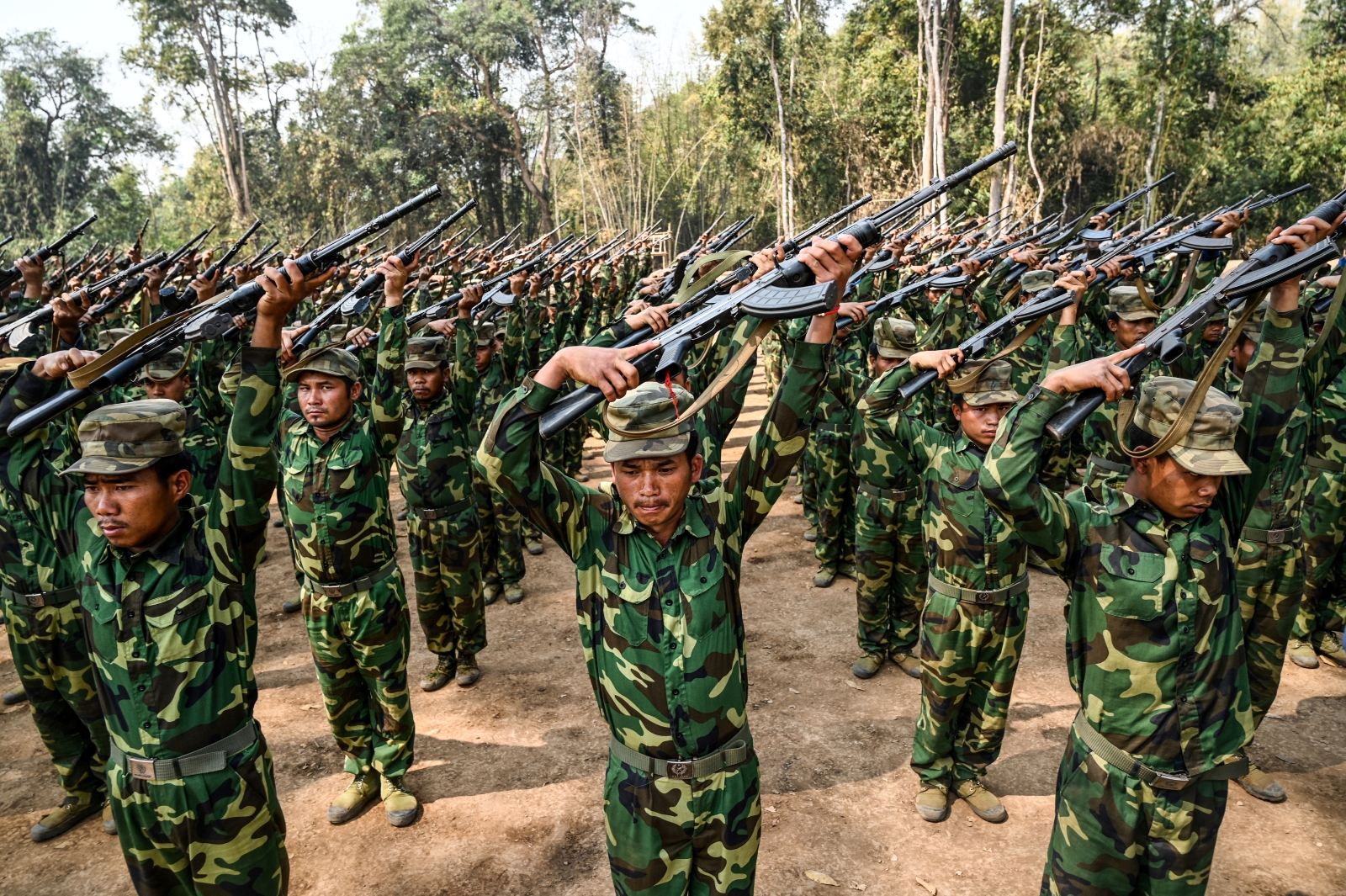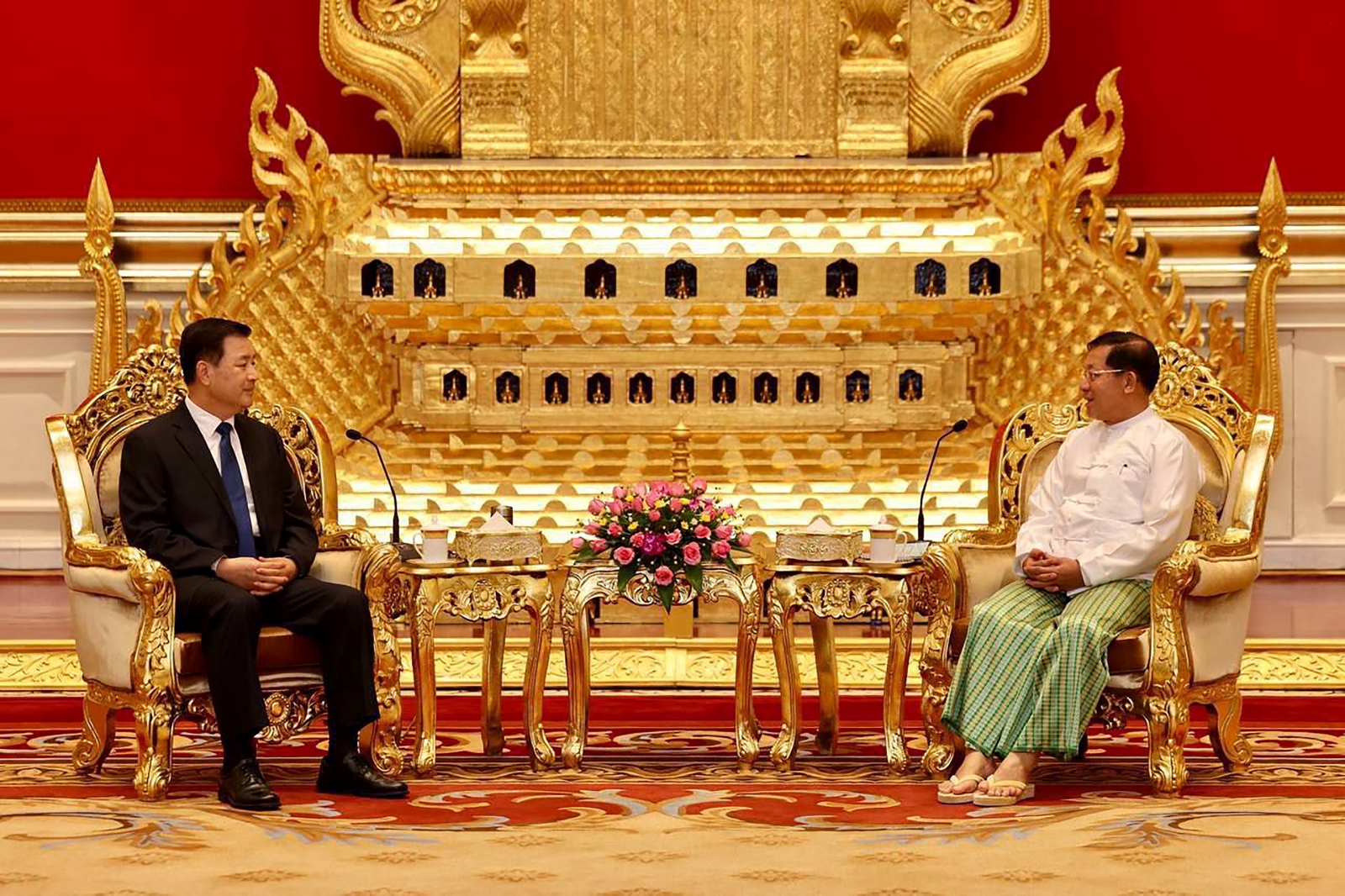Is it time to arrest U Aung Min? Well, no. That would be stupid. But civil society actors are regularly imprisoned under the Unlawful Associations Act for contacting non-state armed groups – a fate that has yet to befall the government’s peace negotiator-in-chief.
On July 14, Zaw Zaw Latt – an interfaith activist from Mandalay – was arrested under section 17(1) of the Unlawful Associations Act, a piece of legislation dating to 1908 that stipulates prison sentences of “[no] less than two years and more than three years” for individuals in contact with organisations the President deems “unlawful.”
Although the authorities have not yet clarified what organisation he is accused of “associating” with, he helped organise a peace march to Laiza two years ago, the de-facto capital held by the Kachin Independence Army, or KIA. Since the breakdown of a longstanding ceasefire in 2011, hostilities across northern and north-eastern Myanmar have been intense.
There’s no question that Zaw Zaw Latt has had contact with the KIA – an organisation that remains legally proscribed. So has U Aung Min, the Minister of the President’s Office and the government’s chief negotiator in ongoing peace talks. His job, like Zaw Zaw Latt’s, is ostensibly to promote dialogue and understanding between two sides of a deep political divide. Plenty of journalists, civil society actors, and NGO workers have, likewise, interacted with the KIA and other non-state armed groups over the past few years, to no ill effect. And yet, here we are.
Because the definition of what can constitute an “unlawful association” is so broad, any group the government deems to be threatening can be instantly criminalised, with no institutional checks and balances in place to prevent the President’s office from doing so. Although it’s most often used nowadays to criminalise contact with non-state armed groups, during the dark days of direct military rule the Unlawful Associations Act was routinely levelled at journalists for media outlets in exile, which were considered “unlawful associations” in the eyes of the law.
Since revived efforts at nationwide peace begun a few years ago, the number of individuals charged under the Act has declined. This is, of course, no bad thing. But dozens of people over the past few years – particularly in Kachin and northern Shan States – have been arrested on dubious grounds for ostensibly consorting with enemies of the state.
Support more independent journalism like this. Sign up to be a Frontier member.
Zaw Zaw Latt was singled out, his supporters claim, because individuals in Mandalay sympathetic to Ma Ba Tha – the venal monks best known for fomenting hatred between Buddhists and Muslims – found a photo of him holding an assault rifle in Laiza, probably taken in a moment of youthful insouciance (I get the appeal: there’s a photo of a me, taken when I was 22 years old, holding an AK-47 borrowed from the Cambodian Army, floating around somewhere in the deep annals of the Internet).
And yet, because Zaw Zaw Latt is Muslim – and visibly so, with his full beard – posturing with an assault rifle, however innocently, imbues the photo with racially loaded undertones I would never be subject to, and which has left him vulnerable. The fact that he works closely with progressive monks and other religious leaders to undermine Ma Ba Tha’s narrative of exclusion means that his continued freedom presents them with a direct challenge. Ma Ba Tha does not look kindly upon dissent, and it would be no surprise if it sought to silence his voice by invoking its considerable influence over the authorities in Mandalay.
As November’s elections approach, one thing this country needs more than ever are voices, like Zaw Zaw Latt’s, that can help build bridges between Myanmar’s ethnic solitudes, individuals who are willing to cross religious, racial and political divides. Hanging the threat of prosecution over activists’ heads will prevent them from speaking out against hatred and mistrust – which, perhaps, is the entire point.






